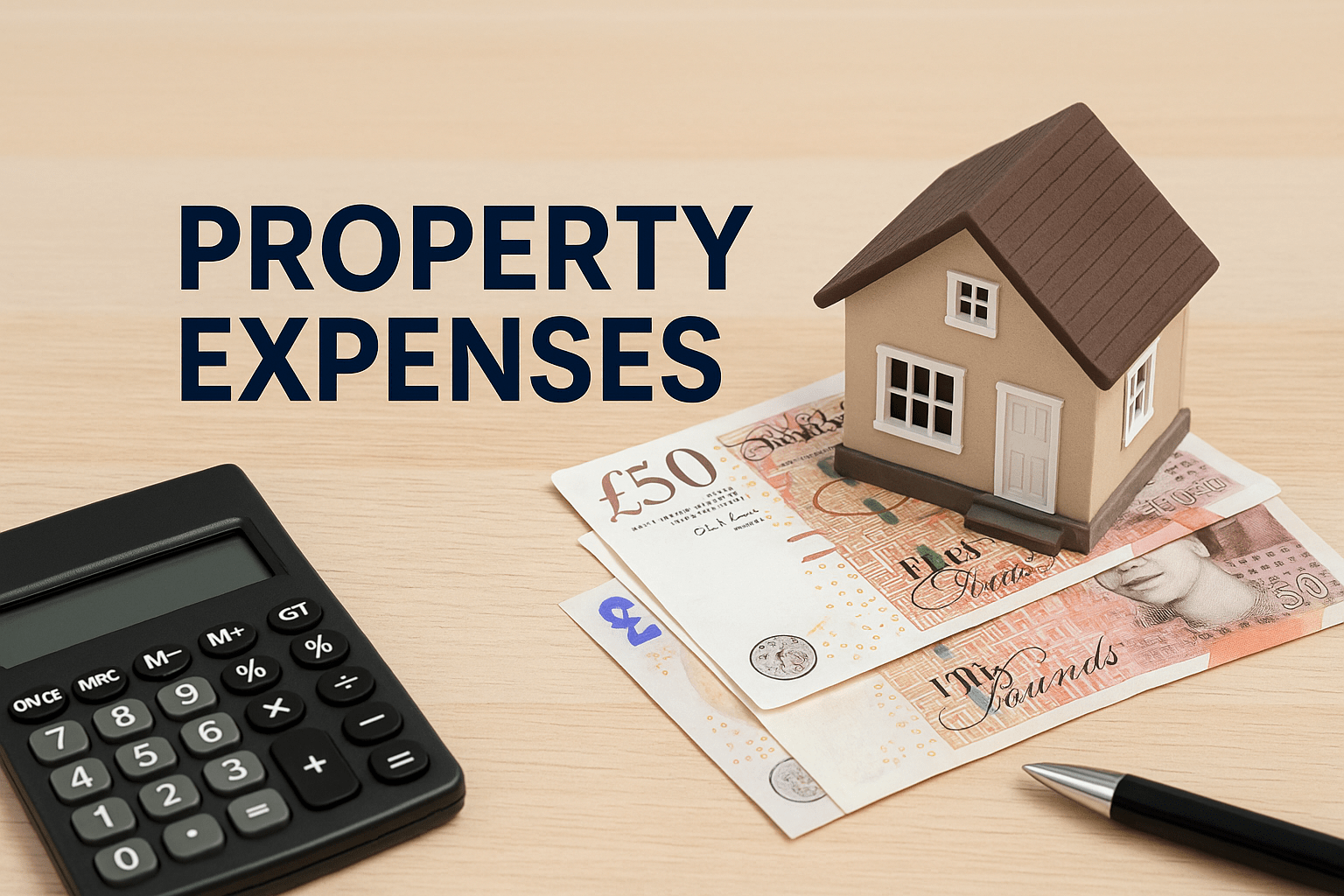Buying a Property to rent out can be a great business model, but as with any business, the money doesn’t only go one way. Besides the rents coming in to you, there are also many expenses you might have to pay out.
The good news is that these can be set against your income when it comes to calculating your tax bill. However, not all expenses can be treated in the same way, and trying to claim for the wrong things could cost you extra — or even get you into trouble with HMRC.
Revenue Expenses
Revenue expenses on your rental property are the day-to-day costs of keeping the place up. These can involve occasional tasks like decorating, minor repairs or maintenance, but they can also be ongoing expenses — Council Tax, for instance, if you’re responsible for paying it, or insurance on the property.
Revenue expenses are relatively straightforward to report. When you come to fill in your Self-Assessment Tax Return, simply deduct these expenses from the rental income to give you your net income, which is what you’ll be taxed on.
All simple enough — as long as you know exactly what you can and can’t include in revenue expenses.
Capital Expenses
Capital expenses, on the other hand, involve fundamental work on the property. There are two types of Capital expense:
- Improvement costs — These involve work that needs to be done on the rental property after purchase, because it was unfit for purpose. For example, if a staircase is missing and has to be replaced, or if a floor is so damaged that a new one has to be put in, these would be improvement costs.
- Plant and machinery costs — These are when you’re adding a permanent structure, such as an extension, a conservatory or an extra bathroom that’s built onto the property.
However, the distinction between Revenue Expenses and Capital Expenses isn’t always clear cut. For example, suppose you have an open-plan office that you want to convert into smaller, separate offices. If the divisions are simply movable partitions, this would be a Revenue Expense, whereas if you put in permanent walls, it would come under Capital Expenses.
Capital expenses shouldn’t be reported on your Income Tax Self-Assessment. They should be added to your Capital Gains Tax Return when you’ve sold the property, and they’ll be set against your Capital Gains to determine the Taxable amount.
It’s Easier With Expert Advice
As with any tax reporting, it’s not always immediately clear what to include in each of your Tax Returns. That’s where advice from an expert in tax can make all the difference.
Arrange a free call with Grace Certified Accountants, and we’ll make sure you know exactly how to claim all the expenses on your rental properties.
